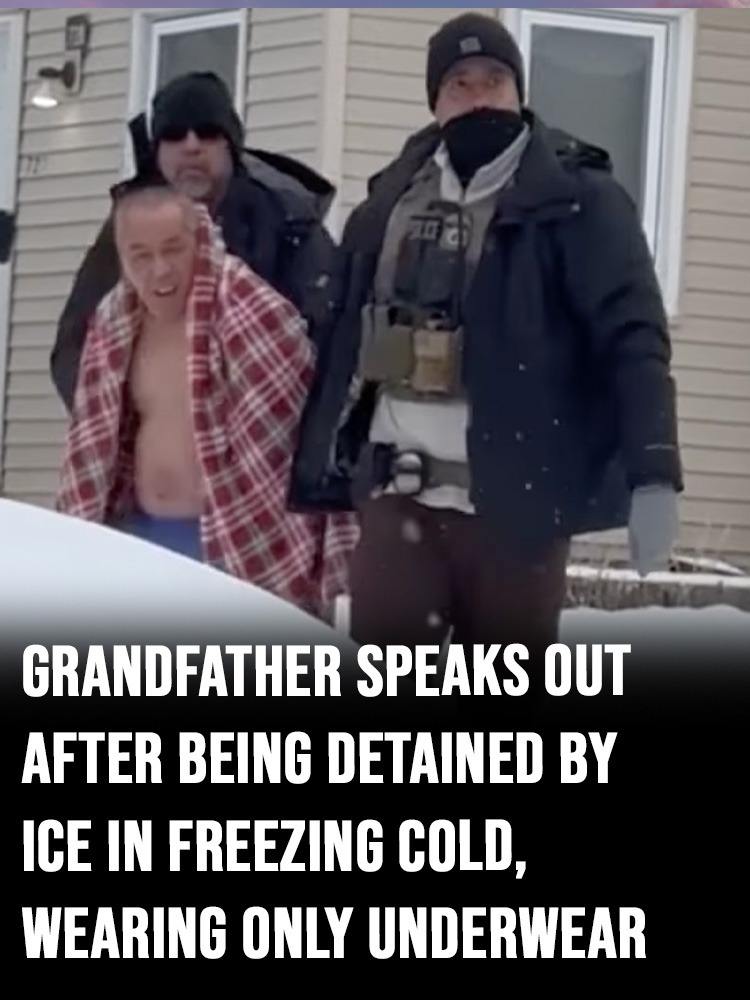After My Husband Died, My MIL Changed the Locks and Kicked Us Out, She Had No Idea What She Started
What devastated me wasn’t just the death of my husband—it was what happened afterward, the cruel blow that came from someone I should have been able to count on. When Jason died in that terrible car accident, it shattered our world. But the pain his mother caused in the days that followed broke something deeper—trust, security, and any lingering faith I had in her as family.
Jason and I had only been married for two years, but our bond ran deep. He didn’t just love me—he loved my children, Ava and Noah, as though they were his own. From day one, he was there for them: fixing Noah’s broken bike, reading bedtime stories, making pancakes on Sundays. He didn’t try to replace their father—he simply loved them as part of me. That’s what made him special. That’s what made us a family.
His mother, Eleanor, never accepted us. In her eyes, I was the woman who came with too much history. A “premade family,” she called it, though never to my face. Except once. I’ll never forget overhearing her on the phone in the kitchen, saying, “She trapped him with baggage. Classic move. They’re not even his.” I stood frozen in the hallway, dinner plates in my hands, too stunned to move.
I told Jason later that night. He didn’t argue, didn’t make excuses. He just wrapped me in a hug and said, “You and the kids are my family. Story over.” He meant it. He even moved us to a new home, farther from Eleanor and her bitterness. He told her plainly: accept my family, or don’t see me. She chose silence.
Then came the call from the hospital—Mercy General. There had been an accident. I barely remember the drive. I only remember the doctor’s face when I arrived, and the words I’ll never unhear: “I’m so sorry. We did everything we could.”
At the funeral, Eleanor sat stone-faced across from me, cold and unreadable. And after the service, she approached, her voice sharp with venom.
“This is your fault,” she spat. “If he wasn’t always running home to you and your children, he’d still be alive.”
I stared at her in disbelief. “He loved us. We were his family.”
“He was fooled,” she said, and turned away.
I thought that would be the end of it—but I was wrong.
Two days later, after taking the kids out for ice cream to escape the fog of grief, we returned home to find our belongings on the curb in garbage bags. Ava’s favorite pink blanket was tangled in the bushes. She burst into tears.
“Why is my blankie outside?” she cried.
I ran to the door, tried the key. It didn’t fit. I pounded until Eleanor opened it, calm as ever.
“You’re not welcome here anymore,” she said. “This house is mine. Take your brats and go.”
“This was our home,” I said, trembling.
“It was my son’s. Not anymore. And unless you have a lawyer hidden in your diaper bag, good luck fighting me.”
She slammed the door in my face.
That night, we slept in the car. I told the kids it was a camping adventure. Ava eventually cried herself to sleep. Noah stared out the window and whispered, “Dad wouldn’t let this happen.”
I took his hand. “And I won’t either.”
The next morning, I called Jason’s lawyer, David. When I told him what happened, he was furious. “She what? Mira, Jason left a will. Come in. Now.”
Jason had updated his will just six months earlier. Everything—the house, the savings, his assets—was left to me and the kids. But one clause stood out like a beacon of foresight: Eleanor Dawson is to receive $200,000 unless she attempts to evict or interfere with my wife and children. If she does, the entire amount transfers to Mira and the kids.
David looked at me and said, “She just cost herself everything.”
We filed for an emergency hearing. Eleanor showed up in court dripping with false righteousness, claiming she was protecting her son’s legacy. But the judge saw through it.
“You had no legal authority to change the locks or remove the occupants,” the judge said firmly. “You are to vacate the premises by 5 p.m. today.”
Eleanor’s jaw dropped. Outside the courthouse, she hissed at me, “This isn’t over.”
